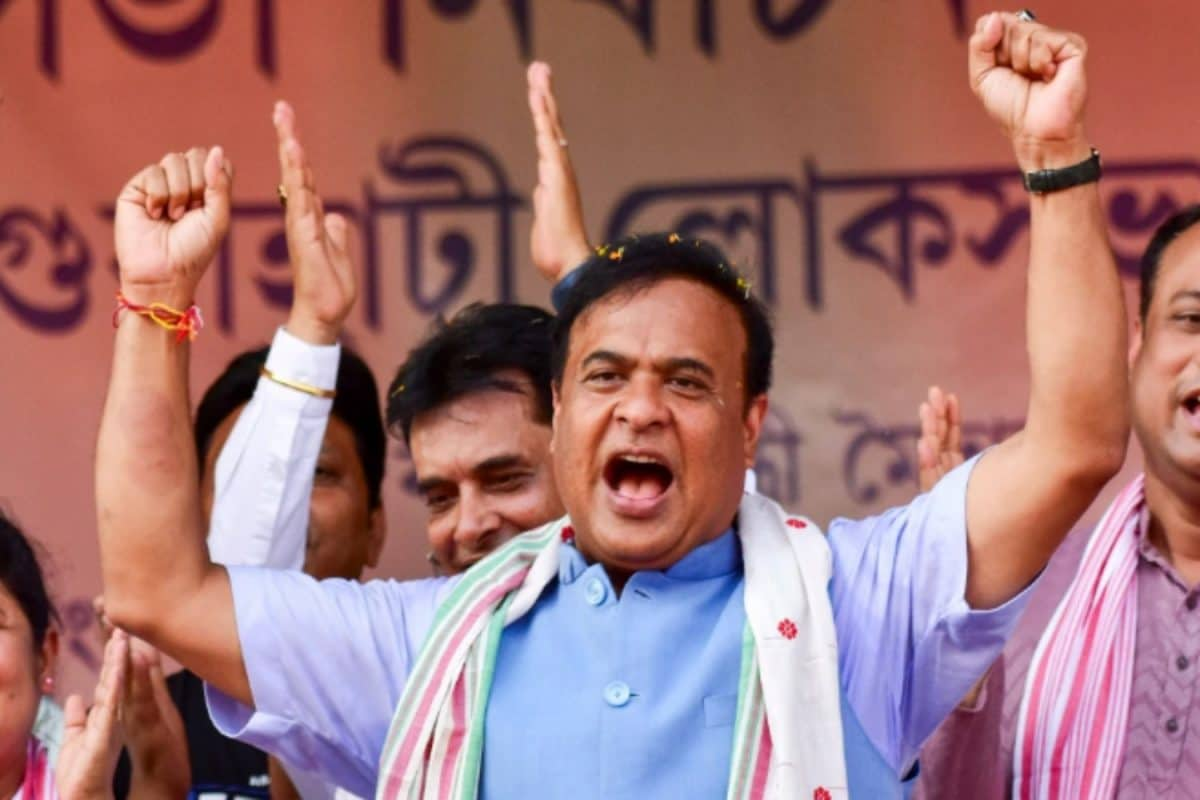

The Assam government has announced a new initiative to issue arms licenses to indigenous people residing in vulnerable areas of the state. This decision, made during a state cabinet meeting on Wednesday, May 28, 2025, aims to bolster security and empower local communities to protect themselves against potential threats.
Chief Minister Himanta Biswa Sarma addressed the press following the cabinet meeting, explaining the rationale behind the decision. He emphasized Assam's sensitive geographical and security context, stating that the government intends to grant arms licenses to eligible individuals in remote, vulnerable, and border areas. Sarma also clarified that the government will encourage original inhabitants and indigenous Indian citizens to apply for arms licenses under the existing provisions of the Arms Act.
The move is part of a broader strategy to empower indigenous communities, enabling them to defend themselves from unlawful threats and hostile elements, particularly in regions where access to law enforcement is limited. According to the Chief Minister, this initiative is not intended to militarize the population but rather to instill confidence among indigenous communities facing recurring threats.
The special scheme targets residents of remote and minority-dominated regions where indigenous communities reportedly face threats. Districts such as Dhubri, Nagaon, Morigaon, Barpeta, South Salmara, and Goalpara are among those where eligible indigenous residents will be considered for arms licenses. The government will identify vulnerable zones, which may also include areas within Guwahati, such as Hatigaon.
The application process will be governed strictly under existing arms laws, with all applications subject to thorough vetting based on prescribed eligibility criteria. The government is expected to release detailed guidelines outlining the application process and verification procedures to prevent misuse. Applicants must meet specific conditions, including being an original inhabitant and having no criminal background. A stringent police verification process will also be conducted. The final approval for licenses will rest with the Deputy Commissioner, in accordance with the Indian Arms Act.
This decision marks a significant shift in Assam's internal security framework, underscoring the government's commitment to safeguarding its borderland populations from destabilizing influences. The government believes that providing arms licenses to eligible indigenous residents will empower them to protect their lives and properties, especially in areas where they feel insecure.
While the government will not provide financial assistance for purchasing arms, it will facilitate the licensing process for those who meet the eligibility criteria. The move is viewed as a response to the long-standing demand from indigenous people in these areas, dating back to the Assam Agitation (1979-85) against illegal immigrants. By addressing the security concerns of these communities, the government hopes to foster a greater sense of safety and security in vulnerable regions of Assam.